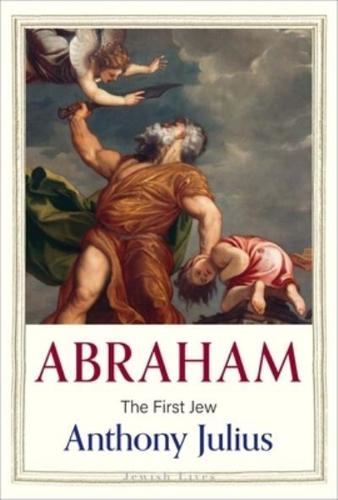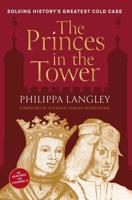Publisher's Synopsis
The story of Abraham, the first Jew, portrayed as two lives lived by one person, paralleling the contradictions in Judaism throughout its history
In this new biography of Abraham, Judaism's foundational figure, Anthony Julius offers an account of the origins of a fundamental struggle within Judaism between skepticism and faith, critique and affirmation, thinking for oneself and thinking under the direction of another. Julius describes Abraham's life as two separate lives, and as a version of the collective life of the Jewish people.
Abraham's first life is an early adulthood of questioning the polytheism of his home city of Ur Kasdim until its ruler, Nimrod, condemns him to death and he is rescued, he believes, by a miracle. In his second life, Abraham's focus is no longer on critique but rather on conversion and on his leadership over his growing household, until God's command that he sacrifice his son Isaac. This test, the Akedah (or "Binding"), ends with another miracle, as he believes, but as Julius argues, it is also a catastrophe for Abraham. The Akedah represents for him an unsurpassed horizon-and in Jewish life thereafter. This book focuses on Abraham as leader of the first Jewish project, Judaism, and the unresolvable, insurmountable crisis that the Akedah represents-both in his leadership and in Judaism itself.








